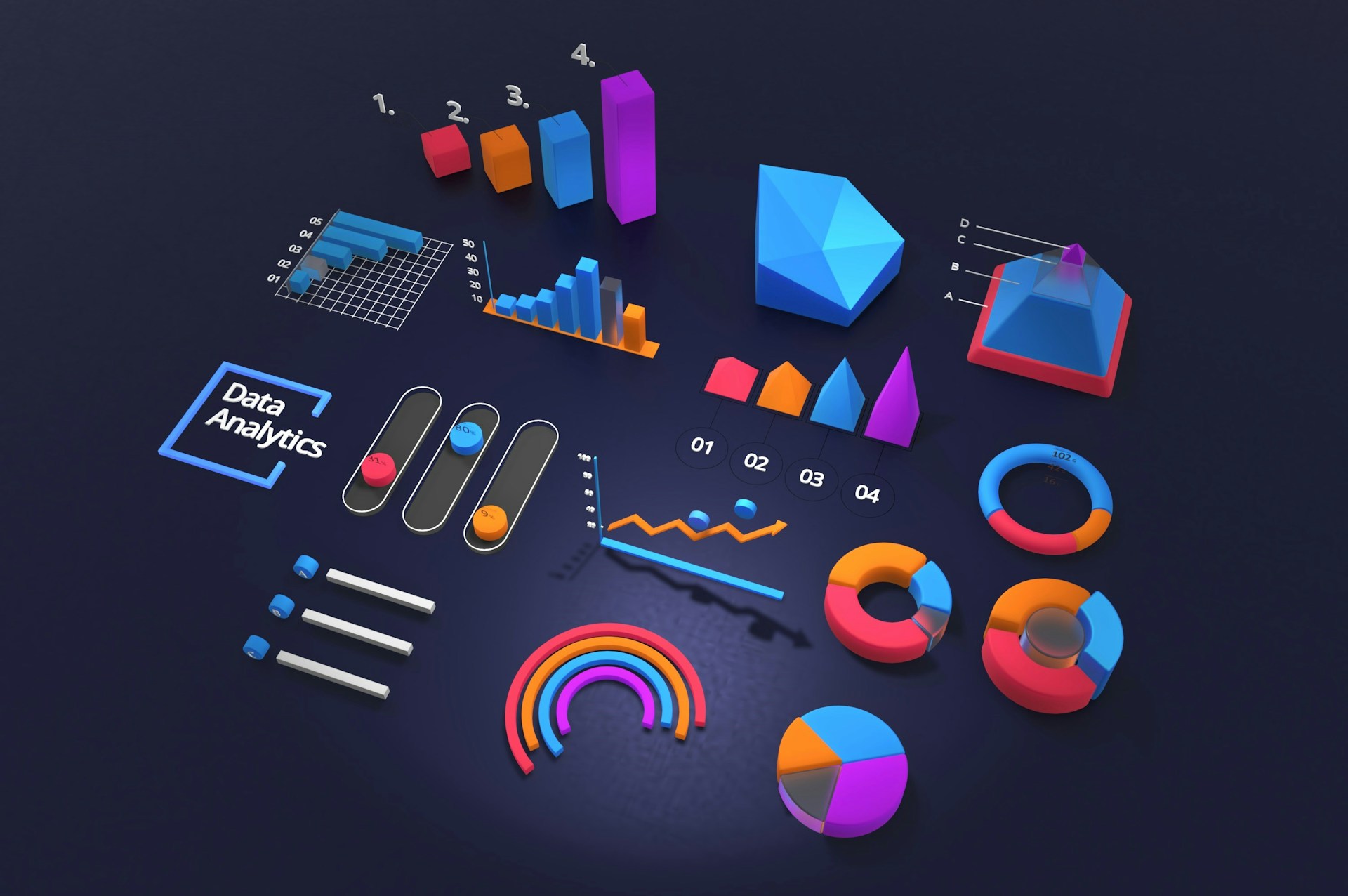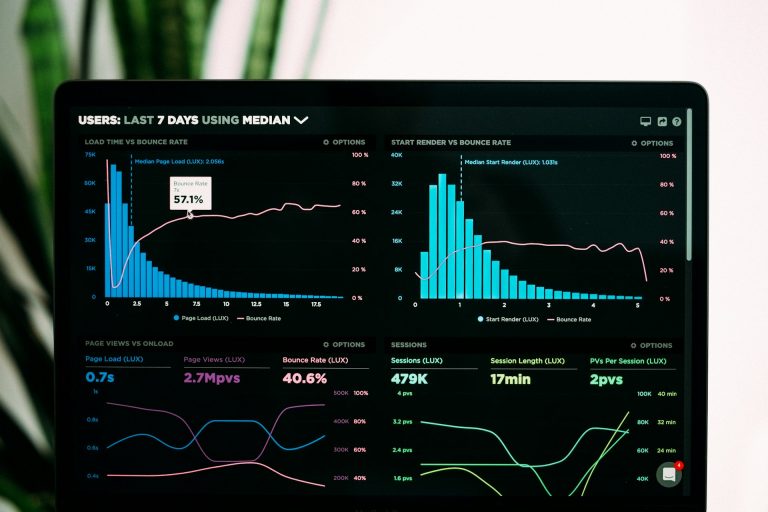Data Revolution: Unveiling the Power of Insights in Political Management
The political landscape is being reshaped by a powerful force: data. No longer confined to traditional campaigning methods, political leaders and parties are increasingly harnessing the power of data insights to navigate the complexities of modern politics. This data-driven approach is transforming how campaigns are run, how policies are formulated, and how politicians connect with voters.
Unlocking the Voter Psyche:
In the past, understanding the electorate was often an educated guess. Today, data analytics empowers political teams to delve deeper. By analyzing social media sentiment, public opinion polls, and voter demographics, they can gain a comprehensive understanding of voter concerns, priorities, and even their preferred communication styles. This allows for targeted messaging that resonates with specific segments of the population, increasing campaign effectiveness.
Optimizing the Campaign Machine:
Data isn’t just about voters; it’s about optimizing campaign operations. By analyzing fundraising data, volunteer activity, and event attendance, political teams can identify areas for improvement and allocate resources strategically. Data can also be used to predict voter turnout and identify potential swing voters, allowing campaigns to focus their efforts on these crucial demographics.
Beyond Elections: Data-Driven Governance:
The power of data extends beyond the campaign trail. Once elected, officials can leverage data to understand the needs and challenges faced by their constituents. Analyzing crime statistics, education metrics, and public health data allows for evidence-based policymaking, ensuring that policies are targeted at the most pressing issues.
Transparency and the Public Trust:
While data offers immense benefits, transparency is crucial. Political actors must be clear about how they collect, use, and store data. Public trust hinges on ensuring that data is used ethically and responsibly, with safeguards in place to protect privacy.
The Future of Politics is Data-Driven:
As data collection and analysis become more sophisticated, we can expect an even more data-centric political landscape. Imagine a future where politicians can tailor their messaging in real-time based on voter sentiment, or where policies are crafted with laser focus on the specific needs of communities.
Challenges and Considerations:
The data revolution in politics isn’t without its challenges. Issues of data privacy and potential misuse of information remain a concern. Additionally, ensuring equitable access to data analytics for all political players is crucial to maintain a level playing field.
In conclusion, data insights are fundamentally transforming political management. By harnessing the power of information, political leaders can connect with voters more effectively, make informed decisions, and ultimately, better serve their constituents. As data continues to evolve, the future of politics promises to be a dynamic interplay between technology, strategy, and the ever-changing needs of the electorate.





